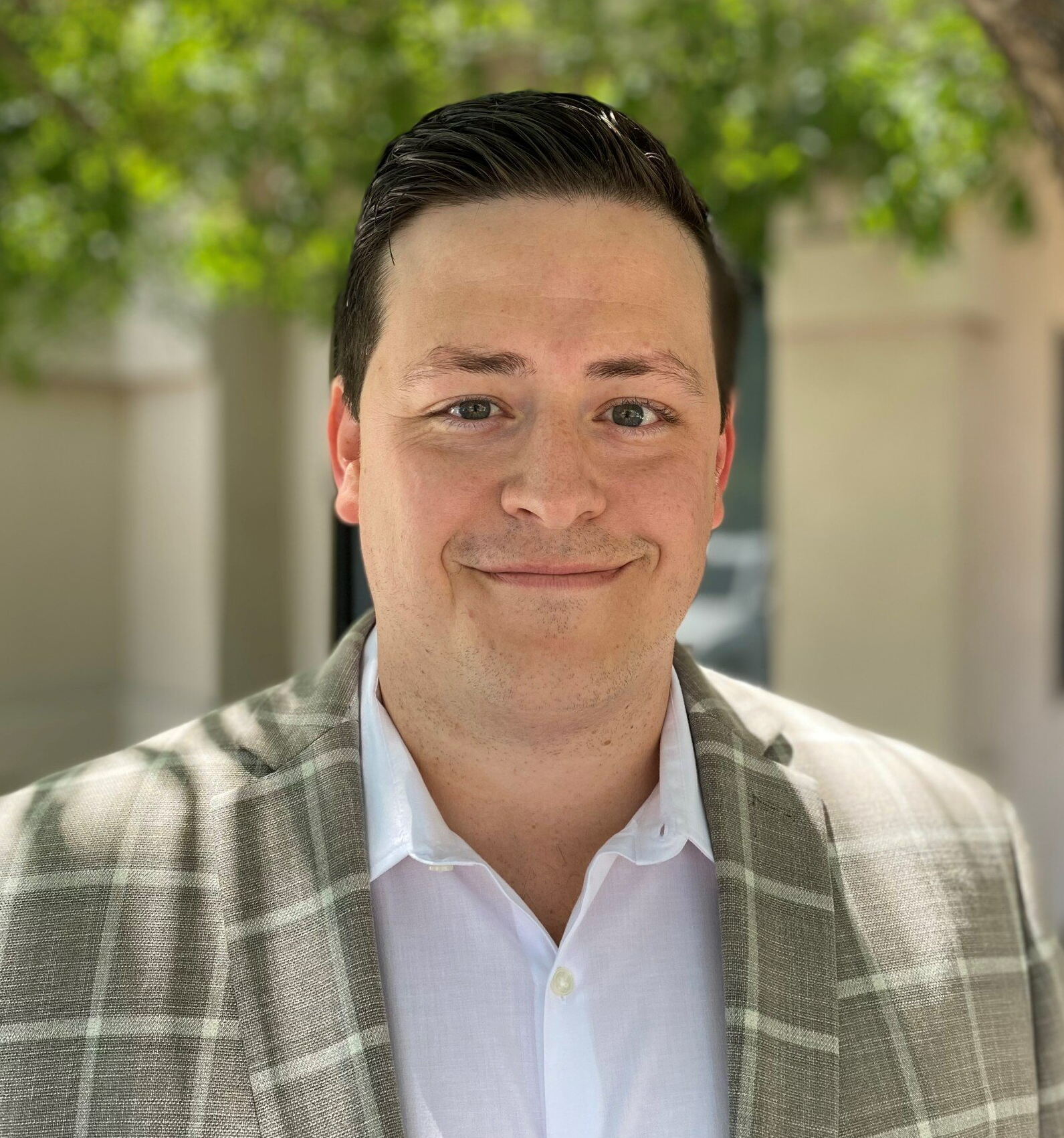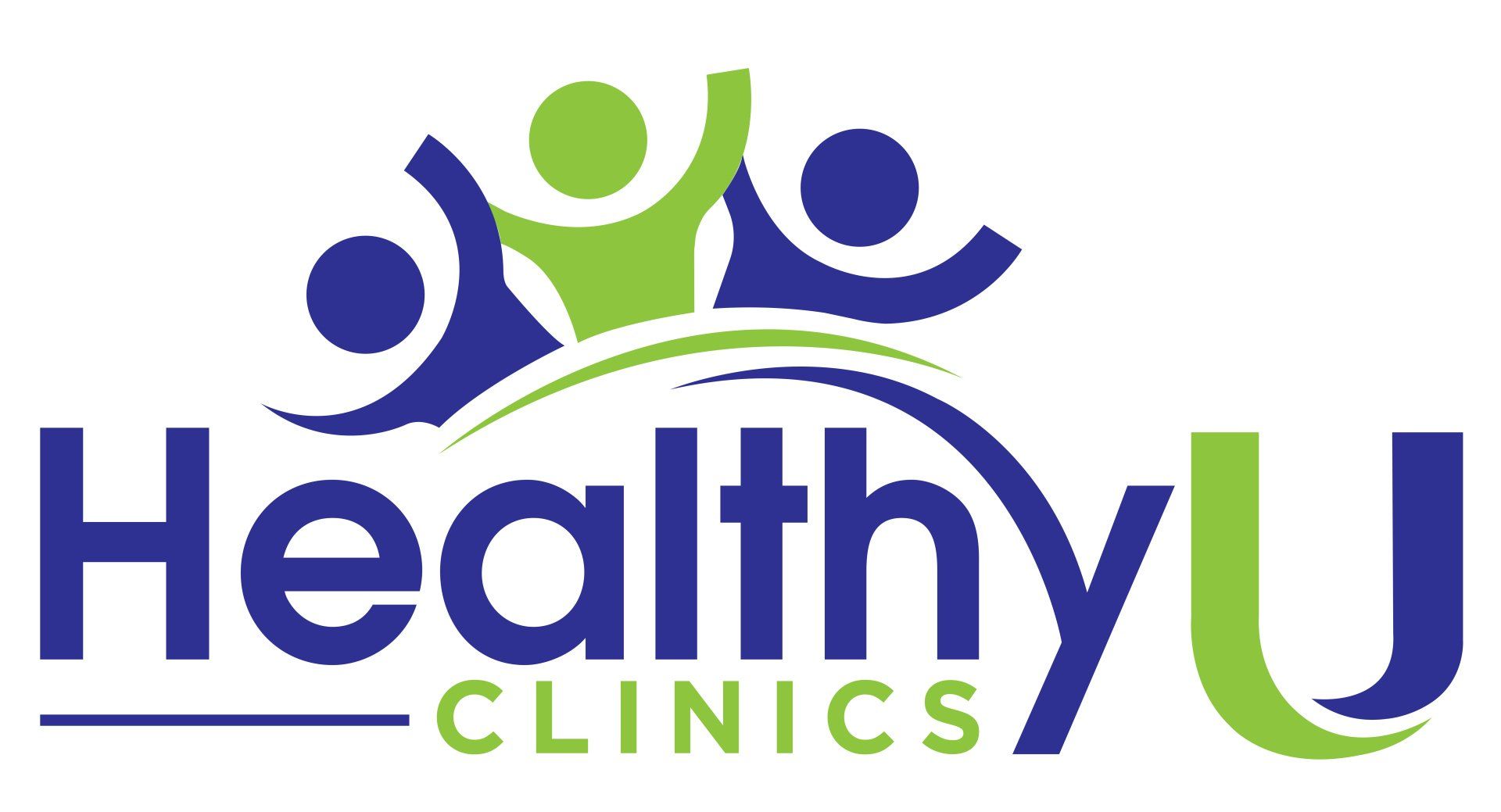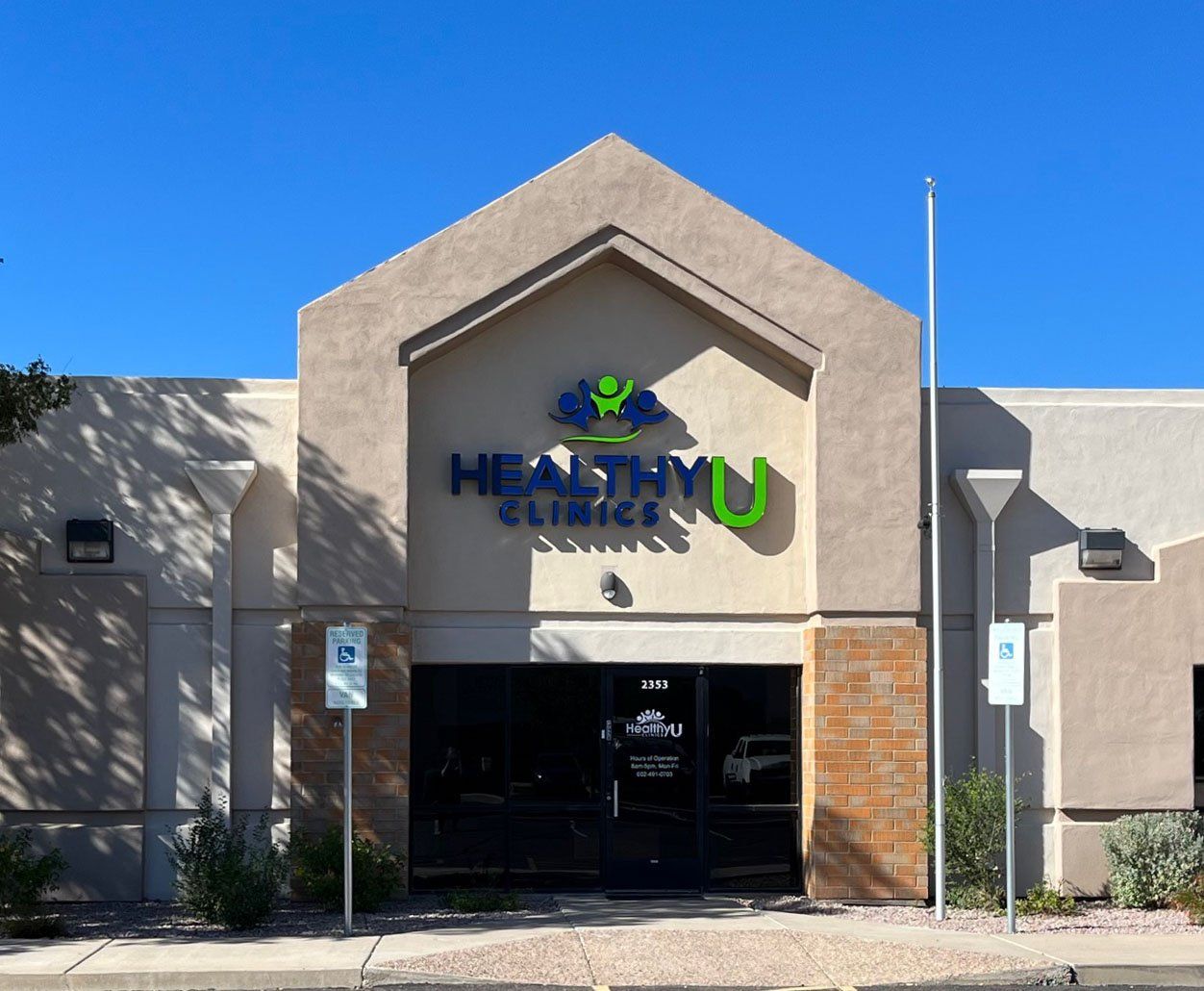Strong Bones Save Lives
Strong Bones Save Lives
Sometimes facts get permanently stuck in your memory. For example, Kansas City is two separate cities. One in Kansas and one in Missouri. Another fact, the eighth leading cause of death in the elderly is a hip fracture. You tend to wonder in medical training how you will need to use such information down the road.
When one of my clinical medicine professors in medical school, an emergency medicine physician, told our class about the mortality of hip fracture, I almost had to do a double take. How does a ground-level fall cause a hip fracture? The answer, thin or brittle bones. Osteoporosis and osteopenia can subtly increase our risk of premature death.
As healthcare providers, we focus on the causes and treatments of the leading causes of elderly mortality throughout our careers. Heart disease, stroke, Alzheimer's Disease, and pneumonia are all significant reasons for concern, to name a few. But what about hip fractures?
As we get older, our bones thin, putting us at risk when we take a tumble. In addition, our coordination wanes over time for a multitude of reasons. Medications can make us dizzy or lightheaded, poor circulation can lead to rapid changes in our blood pressure, losing muscle mass over time as we age does not help, and many adults can experience cognitive decline. Yet, significant injuries from ground-level falls are largely preventable. It is one thing to fall, but it is another thing entirely to fall with thin bones or while on a blood thinner. It is like throwing gasoline on a fire.
It's not just the fall that puts you at risk. It is everything that happens afterward. If an elderly patient falls and breaks their hip, they will likely need to be hospitalized and possibly require surgical correction. Fractures, in turn, put patients in hospital beds with increased amounts of pain. More pain with less movement is never a good thing. The risk for blood clots or developing pneumonia starts to rise. And so, a downward cascade begins.
What can we do about this risk? First, we can screen our patients for osteoporosis. Second, we can assess fall risks. Third, we can attempt to mitigate the risk factors that put patients at risk for accidents and injuries.
We screen patients for osteoporosis with a DXA scan to test for our patient's bone mineral density. All women over 65 are recommended to be screened every two years with a DXA scan.
There are also many more risk factors for osteoporosis for patients under age 65, which also recommend screening. Some risk factors include patients with a history of smoking, a previous hip fracture, drinking three or more alcoholic beverages a day, a history of rheumatoid arthritis, or chronic steroid use, which all put patients at risk.
The results of the DXA scan determine what treatment is needed to help build those bones back stronger and prevent fractures. Treating thin bones saves lives—another of those facts from medical school.
We have enough to worry about as we get older. Worrying about tripping over your feet should not be one of them. At HealthyU Clinics, we're here for U. To schedule an appointment, contact us at 602-491-0703 or schedule online
here.

Director of Pain Medicine










